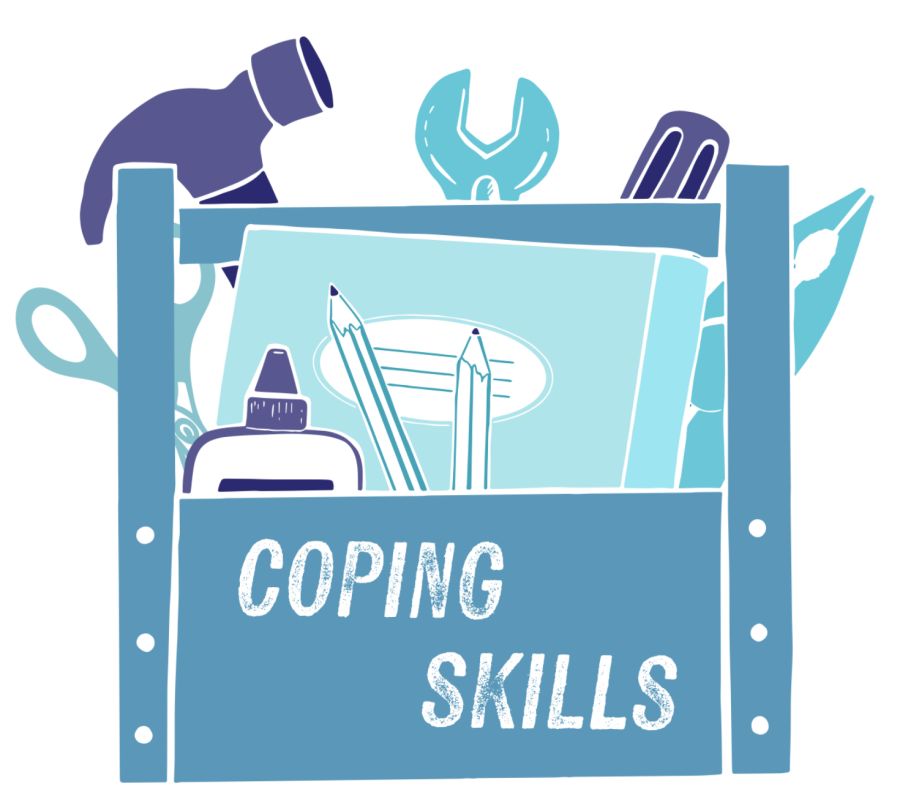Improve Your Child’s Processing Skills at Home
Published —

Improving processing skills in children requires a targeted approach that focuses on developing their cognitive abilities. Here are some specific ways to enhance processing skills in young students:
- Encourage critical thinking: Encourage children to think critically and analyze information by asking open-ended questions. Activities like puzzles, brain teasers, and logic games can also help stimulate their analytical thinking and problem-solving skills. Check out CriticalThinkingCo.com, they have amazing resources. We really love their mindbender puzzle books.
- Practice memory techniques: Memory is a crucial aspect of processing skills. Help children strengthen their memory by teaching them effective memory techniques such as visualization, chunking (grouping information into smaller, more manageable parts), and association. Check out this wooden memory match stick game on Amazon!
- Promote organization and time management: Organization skills are vital for efficient processing of information. Teach children strategies to organize their thoughts, materials, and tasks. Encourage the use of tools like planners, checklists, and mind maps to help them visually structure and prioritize information. Developing good time management skills also helps children allocate sufficient time for processing and completing tasks effectively. Checkout this interactive task checklist for your child!
- Engage in multisensory learning: Incorporate activities that engage multiple senses simultaneously. For example, hands-on experiments, interactive educational games, or role-playing exercises can reinforce learning and enhance processing skills. When children can see, hear, touch, and manipulate information, it stimulates various areas of their brain, making the learning experience more engaging and memorable. Check out this STEM Solar Motor Kit on Amazon.
- Provide opportunities for reflection: Reflection helps children consolidate their learning and improve their metacognitive skills. Encourage students to reflect on their learning experiences by asking them to summarize what they have learned, identify their strengths and weaknesses, and set goals for improvement. Journaling or reflective writing exercises can also be beneficial in enhancing processing skills.
- Teach note-taking strategies: Effective note-taking is an essential skill for processing and retaining information. Teach children different note-taking techniques, such as outlining, summarizing, or creating visual diagrams. Encourage them to actively listen, identify key points, and organize information in a structured manner during lectures or while reading. We love teaching our students about how to take good notes and how to use them to study after. One of our favorite note-taking styles is called Cornell notes. Check out this website to learn more!
By implementing these strategies consistently, educators and parents can provide children with the tools and techniques they need to improve their processing skills. Remember to tailor the activities and approaches to suit each child's unique learning style and strengths, ensuring a well-rounded development of their cognitive abilities.
Annalyse Tanzos
Related Articles That Might
Interest You

Neurodivergent Special Interest
Although special interests are most commonly found in those with Autism Spectrum Disorder, they act…

Coping Skill( CBT techniques and DBT techniques)
When it comes to coping skills, there are two popular techniques that are often taught. They are Co…

Directions and the Neurodivergent Brain
The neurodivergent brain is a beautiful thing full of contradictions and curiosities. Each neurotyp…